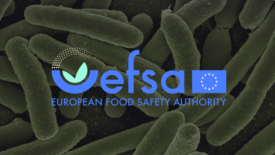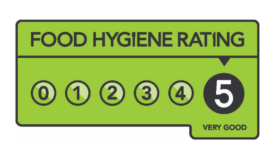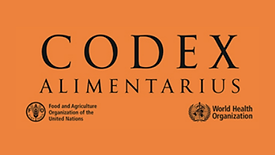International Standards/Harmonization
Relevance of Accreditation and Certification Services for the Voluntary Third-Party Assurance Approach
The vTPA approach is valuable at a time when public interest in safer food is increasing, but competent authorities struggle to obtain more resources from governments
December 12, 2023
Never miss the latest news and trends driving the food safety industry
eNewsletter | Website | eMagazine
JOIN TODAY!Copyright ©2024. All Rights Reserved BNP Media.
Design, CMS, Hosting & Web Development :: ePublishing










